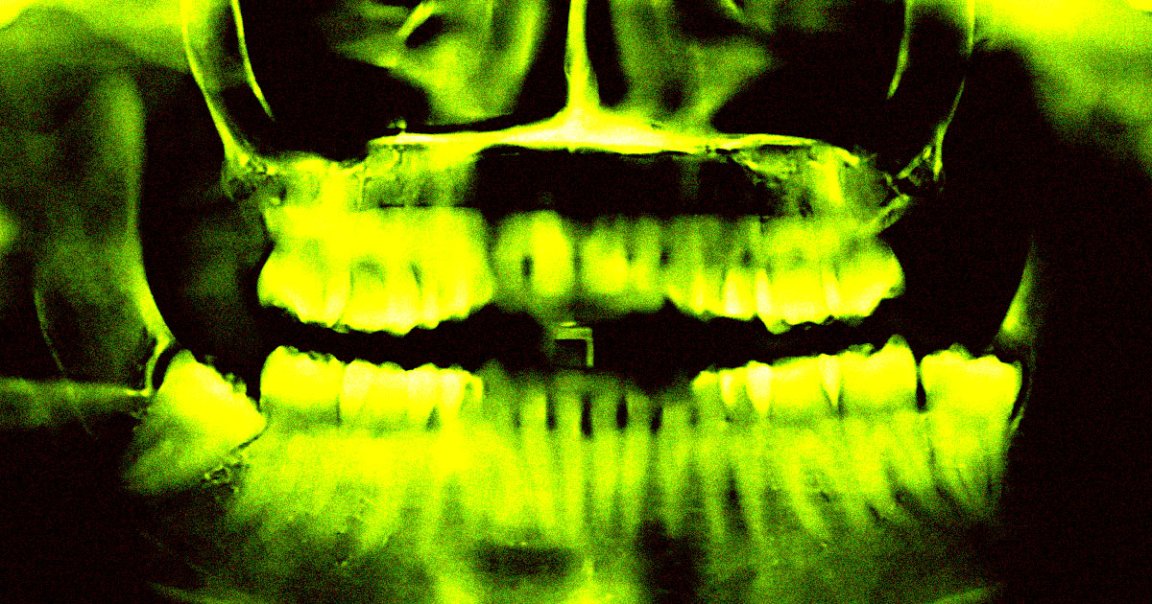
Japanese pharmaceutical company Toregem Biopharma says it has developed a new antibody drug that stops proteins in the mouth responsible for suppressing tooth growth.
In other words, the treatment could — potentially — be used to regrow human teeth. Think of it as a futuristic alternative to invasive implants or dentures, leveraging the body’s own abilities instead.
The company is now planning to kick off human clinical trials in July 2024 and, depending on the results, eventually bring the drug to market by 2030, the Japan Times reports.
“[Our] final goal is to offer advanced and scientifically driven clinical solution for the growth of teeth derived from their own tissues,” Toregem’s president Honoka Kiso wrote on the company’s website.
The drug works by inhibiting a gene called USAG-1, which is responsible for stopping “tooth buds,” which most people have, from ever developing into either baby or permanent teeth.
By inhibiting that gene, the idea is Toregem’s new drug will stimulate the growth of these buds.
Some animal research has been promising. In 2018, the team tested the drug on ferrets, which have similar tooth buds to humans, and found that new teeth grew successfully.
In 2025, the company is hoping to kick off trials with children between the ages of 2 and 6 who have anodontia, a genetic disorder that stops them from developing permanent teeth.
Beyond these kinds of genetic disorders, Toregem Biopharma is also hoping to help adults who have lost teeth due to cavities as well.
“The idea of growing new teeth is every dentist’s dream,” co-founder and lead researcher Katsu Takahashi, head of the dentistry and oral surgery department at the Medical Research Institute Kitano Hospital in Osaka, told Japanese newspaper The Mainichi earlier this year. “I’ve been working on this since I was a graduate student.”
“We’re hoping to see a time when tooth-regrowth medicine is a third choice alongside dentures and implants,” he added.
More on teeth: Research Suggests That Bad Dental Health May Increase Risk of Dementia